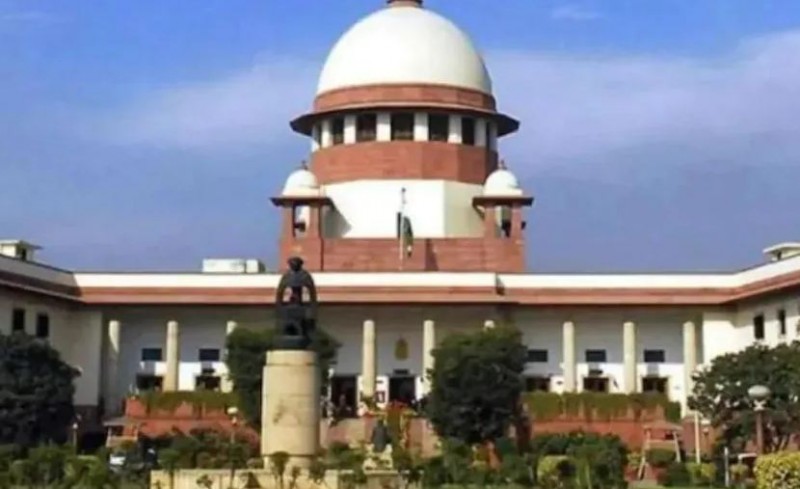
New Delhi: The Supreme Court has given a big relief to the Modi government at the Centre in the One Rank One Pension (OROP) case. The apex court has upheld the central government's decision in the OROP case. In fact, the Indian Ex-Servicemen Movement had filed a petition in the Supreme Court against the One Rank One Pension Policy. To this, a bench headed by Justice D Y Chandrachud said it has not found any constitutional flaw on the OROP principle and the notification issued on November 7, 2015.
The petitioner, the Indian Ex-Servicemen's Movement (IESM), had challenged the OROP policy decision of November 7, 2015. In it, he had said that the decision was arbitrary and malicious as it creates a class within the class and effectively gives separate pension to a rank.
These are the questions asked by the Centre:-
- How is OROP being implemented?
How many people have benefited from OROP?
The central government had on November 7, 2015 issued a notification regarding the 'One Rank One Pension' (OROP) scheme. It said the scheme would be effective from July 1, 2014. The Indian Ex-Servicemen's Movement has challenged the government's policy of reviewing the pension of retired army personnel once in five years in the Supreme Court. In an affidavit filed by the Centre, the Centre has accused Finance Minister P Chidambaram of discrepancy over his statement in Parliament in 2014. The Centre said Chidambaram's February 17, 2014 statement was made without the recommendation of the then Union Cabinet. On the other hand, the Cabinet Secretariat has informed about the prime minister's approval under Rule 12 of the Government of India (Business Rules) 1961 on November 7, 2015.
Holi to be celebrated for two days, Yogi govt announces holiday of both days